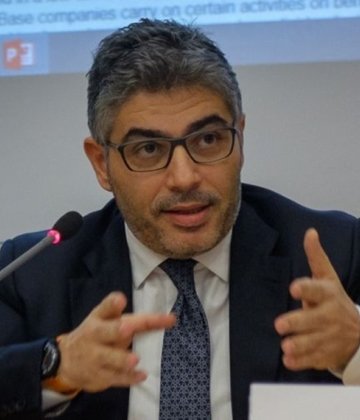Angelo Contrino

I am full Professor of Tax Law. Since 2013, I am also Director and Coordinator of the Master in Tax Law (from 2012). Previously, I was Associate Professor of Tax Law both at Bocconi University (from 2012 to 2015) and at the University of Modena and Reggio Emilia (from 2008 to 2012). I am member of the editorial boards of various scientific journals and series in the field of Italian and international taxation. Major research grants: Principal Investigator of the PRIN 2020 for the research on "Digitalization of tax administration between the fight against tax evasion and the protection of taxpayers' rights".
Business and IAS/IFRS Tax Law.
Taxation of Business Combination and Bankruptcy Proceedings.
Digitalization and taxation.
European and International Tax Law.
Taxation of trusts.
Tax procedures and process.
Tax avoidance and abuse of tax legislation.